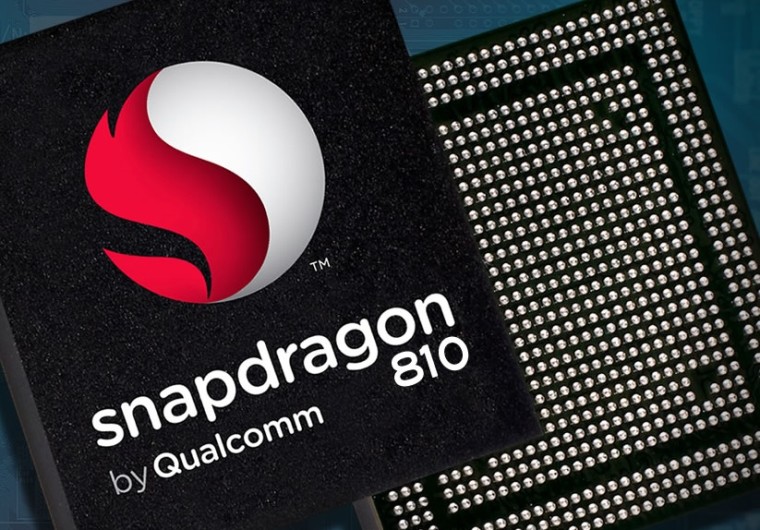Back in December, reports began to emerge claiming that Qualcomm's newest top-of-the-line processor, the Snapdragon 810, was suffering problems with overheating - problems that were causing some manufacturers to think twice about including it in their next-generation flagships.
Samsung was said to have dropped the 810 from its new Galaxy S6 as a direct result of these issues; the launch of the OnePlus 2 was rumored to have been pushed back for the same reason; and most recently, the rollout of the LG G4 with a hexa-core Snapdragon 808 processor, rather than the 810, has been widely assumed to be a result of the same problems.

But according to Qualcomm, the issues with its new chip never existed. In an interview with Forbes, the company's vice-president of marketing, Tim McDonough, said: "The rumors are rubbish, there was not an overheating problem with the Snapdragon 810 in commercial devices."
He went on to say that "someone [was] spreading false information about the 810", adding: "Our point of view is that those rumors happened with the LG G Flex 2 and Qualcomm 810 being first to market with the premium-tier application processor. Then somebody decided to put out false rumors about that, which is unfortunate, but sometimes that's how business is done."

Those rumors were compounded by an image published by Tweakers.net in March, showing a HTC One M9 with the 810 chip reaching a temperature of 55.4C (131.7F) - but the fact that the handset was running pre-release software that had not been optimized for commercial release made this a somewhat unfair test.
Even so, some publications made similar anecdotal observations about the chip running hot while testing the handset for reviews, including Forbes, and McDonough acknowledged this: "Everything you're saying is fair. But we all build pre-released products to find bugs and do performance optimization. So when pre-released hardware doesn't act like commercial hardware, it's just part of the development process."
He went on to say that "someone very artfully took that and used it to fuel the rumors", but he refused to suggest who that 'someone' might have been.

And as for claims that LG chose the Snapdragon 808 rather than the 810 due to overheating problems? McDonough had an answer for that too. He explained that the 810 is optimized for 4K video, while the 808 is better suited to handle 2K video. "The design goals of the G4" and LG's choice to focus on a "2K experience" were what governed the decision to use the 808 rather than the 810, he said.
He added that Qualcomm is now looking to the future with its new Snapdragon 820 processor, which will launch later this year with the company's first cognitive computing platform known as 'Zeroth', and featuring technology such as Sense ID, which allows fingerprints to be read from the touchscreen digitizer.
Source: Forbes

















33 Comments - Add comment